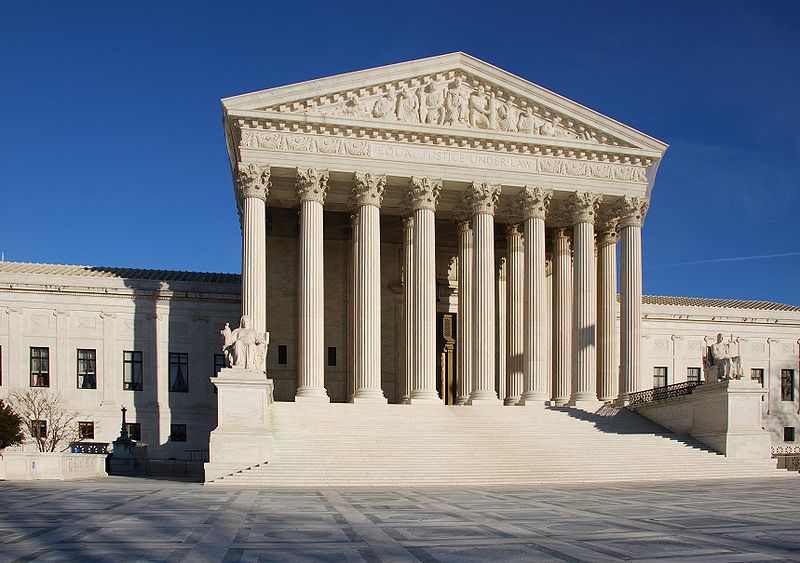
Although appellate law may be the most difficult and complex practice area in terms of the requisite degree of legal scholarship, the preliminary act of filing papers to commence an appeal is relatively simple. This article focuses on how to file an appeal. But first, a word of caution.
Appellate Practice
Appellate advocacy demands the utmost legal skill and competence. In order to properly handle an appeal, a lawyer must be able to fully research a topic, understand the holdings and philosophies behind the holdings related to the issue in question, and focus squarely on the relevant issue in presenting an argument with a cogent syllogism in a manner that is not only pinpoint accurate, but also easy to follow and understand. The attorney must also be mindful of the applicable rules of appellate practice and procedure at all times. No lay person – or run of the mill attorney for that matter – should ever attempt to handle an appeal without the assistance of an experienced appellate lawyer.
This article does not address how to perform any of the above substantive tasks, nor does it address administrative tasks such as how to draft, organize, format and bind a brief. Indeed, ignoring for a moment the legal skill required to substantively advocate on appeal, an entire article could be dedicated to the mundane topic of how to format a brief given that most appellate courts have myriad rules requiring specific font types, font sizes, page lengths, types of bindings and colors of brief covers. This article only addresses the preliminary matter of filing a notice of appeal, which commences appellate proceedings. A lay person may need to know how to do this if they want to preserve their appellate rights, but do not have sufficient time in which to consult with an attorney before the deadline to file the notice of appeal expires.
Notice Of Appeal
In order to start an appeal, one must simply file a notice of appeal in the trial court – not the appellate court. The notice is nothing more than a brief one- or two-page document. A notice of appeal must identify which party is pursuing the appeal, the judgment or order being appealed, and the appellate court to which the appeal is taken. Fed. R. App. P. 3(c)(1). Most courts provide a sample notice of appeal form on their websites to simplify matters.
In most states and in federal court, the deadline to note an appeal from a final judgment entered in a trial court is 30 days after the judgment is entered on the docket. See Fed. R. App. P. 4(a)(1) (30-day deadline to note a civil appeal to a United States Court of Appeals); Md. R. 8-202(a) (30-day deadline to note a civil or criminal appeal to the Maryland Court of Special Appeals). This is a strict deadline. Missing it by even one day may result in dismissal of the appeal. Berman v. U.S., 378 U.S. 530 (1964).
Filing Fees
Every state and federal jurisdiction has its own appellate filing fees, which must be paid at the time the notice of appeal is filed. Although both the trial court and appellate court may have separate filing fees, most jurisdictions require the fees to be paid to the trial court’s clerk via one check or lump sum payment. This is simplified in courts that utilize online filing, as the party must make an online payment before the filing system will allow the notice of appeal to be submitted.
Most courts post the amount of the fee on their websites. Remember to check both the trial court and appellate court’s websites as they each may have their own fee. While filing fees vary, most jurisdictions charge a combined appellate filing fee amount of around $500.00 or less.
Order For Transcript
Most courts require the party noting the appeal to place an order for the transcripts of all relevant hearings in the trial court within 10-14 days after filing the notice of appeal. Fed. R. App. P. 10(b)(1); Md. R. 8-411. Even though the transcripts can be expensive (a transcript for one full day of trial can easily approach or exceed $1,000.00), the failure to order the transcript may result in dismissal of the appeal. Hong v. Smith, 129 F.3d 824 (5th Cir. 1997).
Information Report, Docketing Statement & Other Preliminary Forms
In order to complete the commencement of appellate proceedings, the appealing party must often file a few final forms within 10-14 days after the notice of appeal is filed. The clerk will often mail blank forms to the party or, in the case of online filing, email the party a link to the forms. Typically, these final preliminary forms consist of an information report or docketing statement, and disclosures. A disclosure form essentially requires a person to identify whether they are a natural person or a business entity. Most people can complete the one- to two-page form within five minutes.
The docketing statement, or information report, requires a bit more information. This form requires the appealing party to list all parties’ names and contact information, state the nature of the case, identify the dates of hearings, state the date the notice of appeal was filed and confirm whether it was filed timely under the applicable law, and explain the course of settlement negotiations. Most courts, like the United States Court of Appeals for the Fourth Circuit, post a blank docketing statement on their websites that can be filled out online. Note that, when describing the nature of the case, it is not necessary to go into great detail or argue the merits. Most attorneys should be able to complete the form within 30 minutes.
Image Credit: Jarek Tuszyński
 Law Office of Jason Ostendorf LLC
Law Office of Jason Ostendorf LLC